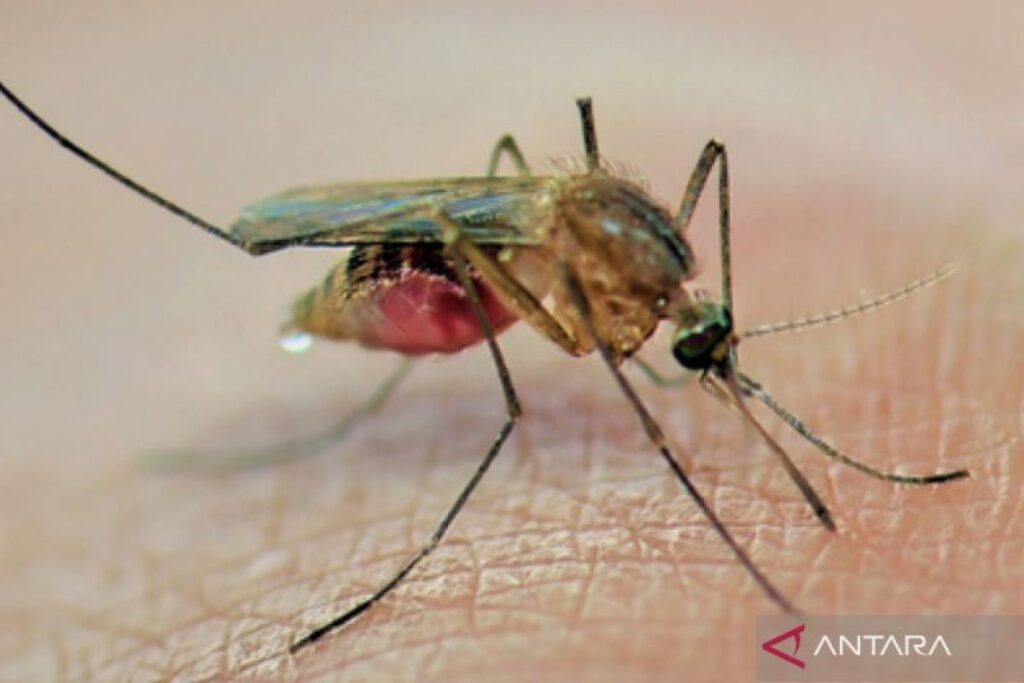Dengue fever, or Demam Berdarah Dengue (DBD), is a serious and potentially life-threatening illness caused by the dengue virus. It is important to understand the clinical course of DBD in order to effectively manage and treat the disease, ultimately saving lives.
DBD typically progresses through three phases: febrile, critical, and recovery. In the febrile phase, patients experience sudden onset of high fever, severe headache, muscle and joint pain, and rash. It is important to monitor the patient closely during this phase and provide supportive care such as adequate hydration and rest.
The critical phase of DBD usually occurs around the third to seventh day of illness. During this phase, the patient may develop severe complications such as plasma leakage, severe bleeding, and organ failure. Early detection of warning signs such as persistent vomiting, abdominal pain, and restlessness is crucial in preventing further complications and ensuring timely intervention.
In the recovery phase, the patient’s condition begins to improve as the fever subsides and symptoms gradually disappear. However, it is important to continue monitoring the patient closely to prevent any relapses or complications.
Early diagnosis and appropriate management of DBD are key in preventing fatalities. Healthcare providers should be vigilant in recognizing the clinical signs and symptoms of DBD and promptly initiating treatment. This includes maintaining adequate fluid balance, monitoring for signs of shock, and providing supportive care as needed.
In conclusion, understanding the clinical course of DBD is essential in saving lives. By recognizing the different phases of the disease and providing timely and appropriate care, healthcare providers can effectively manage DBD and prevent complications. Ultimately, early intervention and proper management can make a significant difference in the outcome of patients with DBD.
